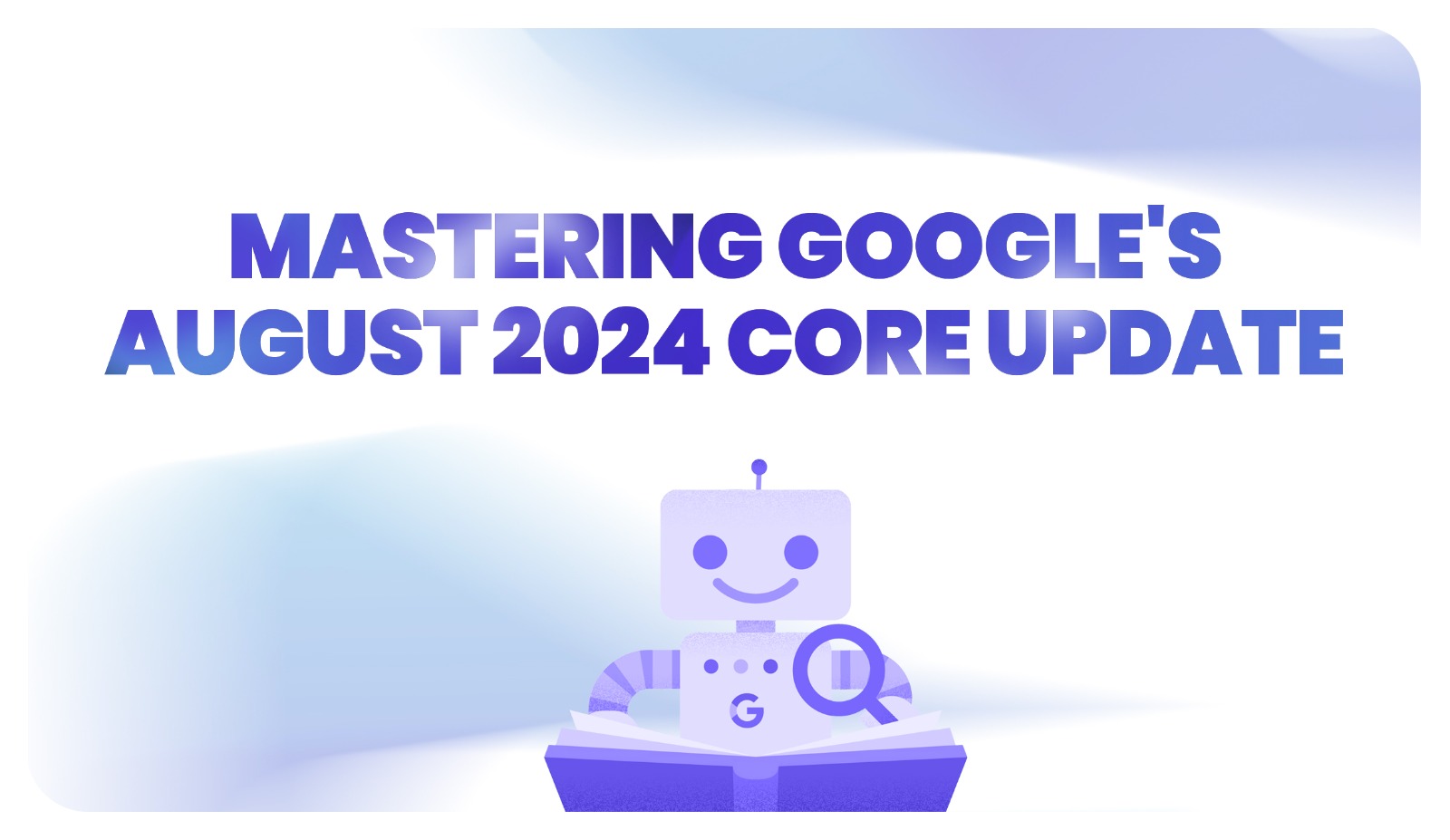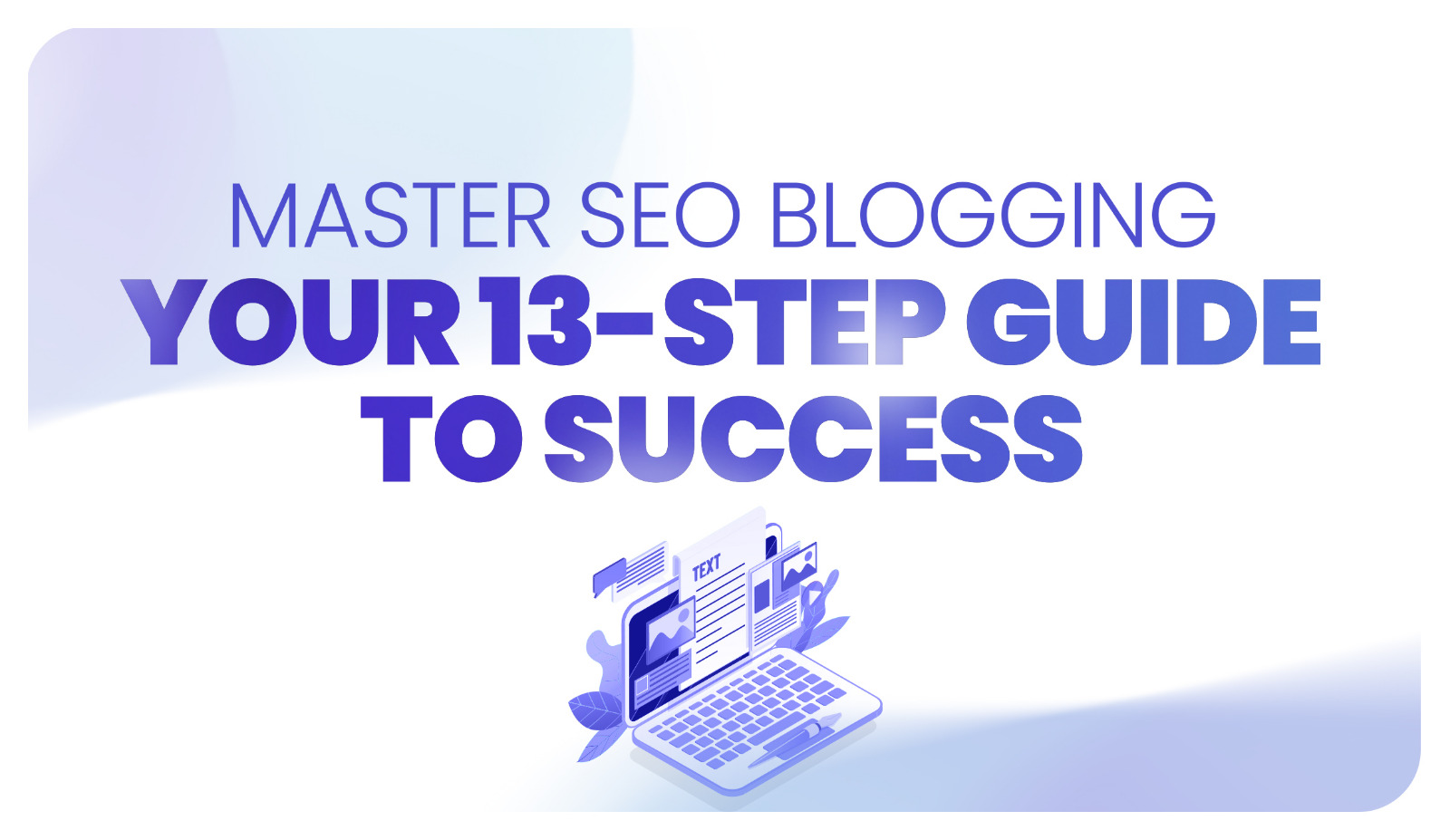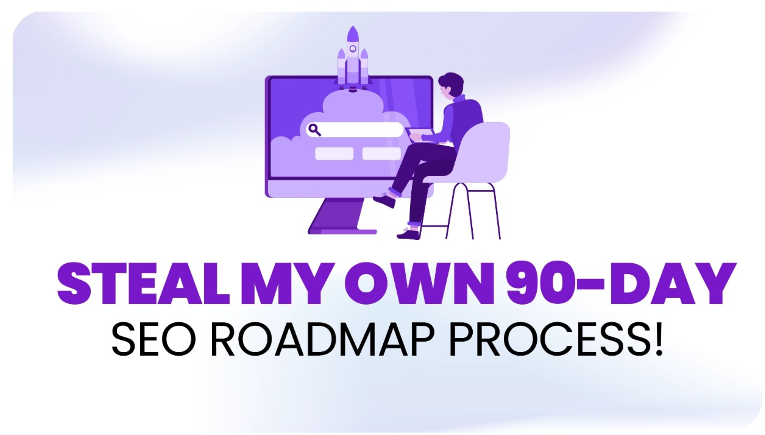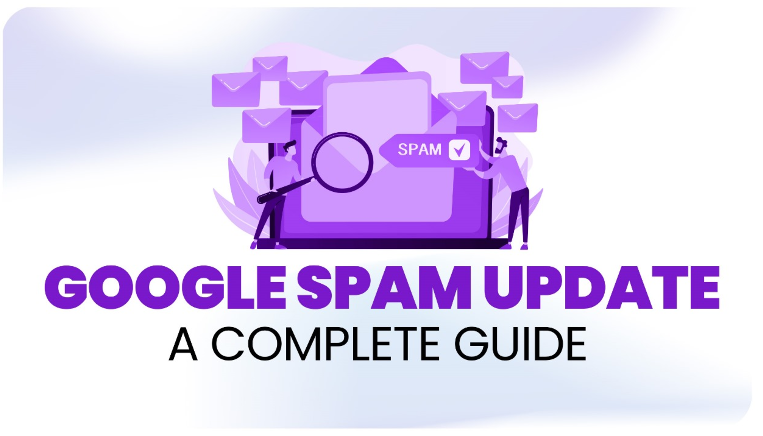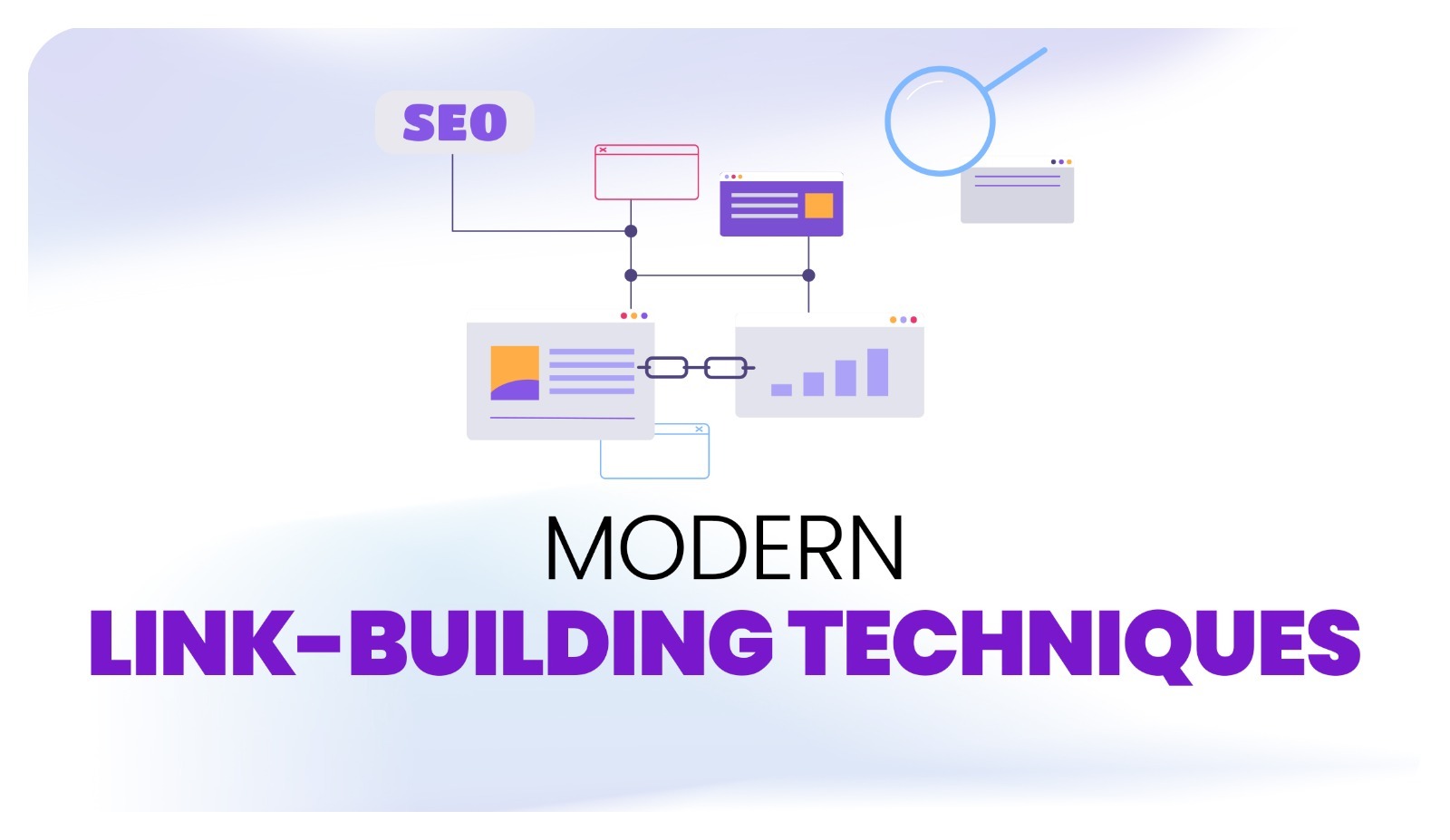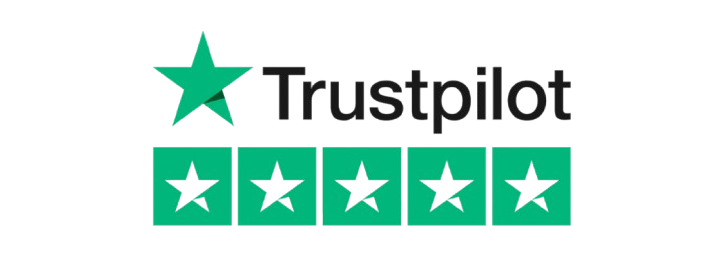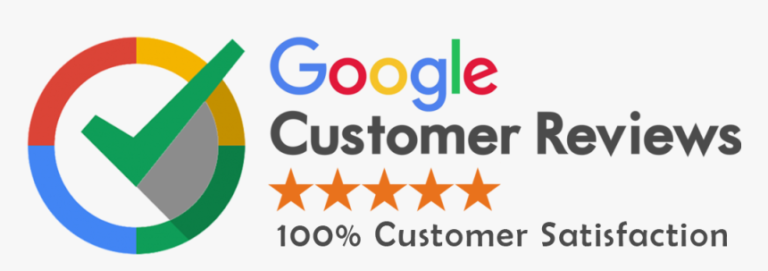The digital landscape is constantly evolving, and Google is at the forefront of this evolution. Every few months, Google rolls out significant updates to its search algorithms, known as core updates. These updates are designed to enhance the overall search experience, ensuring that users receive the most relevant and reliable information. The August 2024 core update is no exception. In this blog, we’ll break down what this update means for your website, how to assess its impact, and what steps you can take to align with Google’s ongoing mission to prioritize user-focused content.
Understanding Google’s Core Updates: The Big Picture
To fully grasp the importance of Google’s core updates, imagine you’re curating a list of your favorite restaurants. Over time, new eateries pop up, and your tastes evolve. Naturally, your list would change to reflect these new experiences and preferences. Similarly, Google’s core updates are about refining and reassessing its ranking criteria to ensure that the search results it delivers are in line with current web content and user expectations.
These updates are not targeted at specific websites or pages but are broad adjustments intended to boost the overall quality of search results. The primary goal is to reward websites that offer valuable, user-centric content while de-prioritizing those that are less helpful or outdated. It’s crucial to understand that a drop in rankings doesn’t necessarily mean your content is poor; it might simply mean that other content has become more relevant or useful in the current context.
Key Details About the August 2024 Core Update
The August 2024 core update continues Google’s commitment to showcasing high-quality content from diverse sources, including smaller and independent websites. This update incorporates feedback from content creators and stakeholders, emphasizing the importance of delivering content that genuinely helps users rather than simply gaming the search engine rankings. The rollout of this update is expected to take up to a month, a typical duration for major updates to propagate across Google’s vast index.
So, what does this mean for you? If you’ve been focusing on creating valuable, user-first content, this update could potentially benefit your site. On the other hand, if your content strategy has leaned more towards optimizing for search engines without prioritizing user experience, you may need to reassess your approach.
Checking for Ranking Drops in Search Console
One of the first steps to understanding how the August 2024 core update has impacted your website is to check your Search Console data. Here’s how you can approach this:
- Wait for the Rollout to Finish: Before analyzing your site’s performance, ensure that the update has fully rolled out. Google typically announces when the rollout begins and ends, so make sure to check the Search Status Dashboard for these details.
- Compare Relevant Dates: Give it at least a week after the update completes before diving into your analysis. Compare the performance of your site a week after the update with the week before it started. This comparison will help you pinpoint any significant changes in traffic or rankings.
- Analyze Top Pages and Queries: Examine how your top-performing pages and queries were ranking before and after the update. If you notice a slight drop in position (e.g., from position 2 to 4), there’s no need to panic or make drastic changes. However, if the drop is more significant (e.g., from position 4 to 29), a deeper assessment is warranted.
- Separate Search Types: Analyze different search types separately—Web Search, Google Images, Video mode, or the News tab. This will help you understand where the drop occurred and guide your strategy for addressing it.
Assessing a Large Drop in Positions
A significant drop in your site’s position can be alarming, but it’s essential to approach this situation with a level head. Google’s core updates are an opportunity to reevaluate your content strategy and make improvements that align with long-term goals.
- Conduct a Self-Assessment: Start by objectively evaluating your site as a whole. Are you delivering content that is helpful, reliable, and focused on the user’s needs? It can be beneficial to ask others—preferably those who are unaffiliated with your site—to assess your content using Google’s self-assessment questions.
- Evaluate Impacted Pages: Look closely at the pages that were most affected by the update. How do they measure up against the self-assessment criteria? In some cases, other pages on the web may simply be doing a better job of answering the searcher’s query. Use this as an opportunity to refine and enhance your content.
Things to Keep in Mind When Making Changes
When faced with a drop in rankings, it’s tempting to implement quick fixes. However, Google advises against making hasty changes, as these might not yield the desired long-term results. Instead, focus on meaningful improvements that enhance the user experience.
- Avoid Quick Fixes: Don’t remove page elements just because you heard they might be bad for SEO. Instead, think about what makes sense for your users and what changes will benefit them in the long term.
- Focus on Content Quality: Consider how you can improve your content. This might involve rewriting or restructuring to make it more accessible and easier to navigate. The goal is to create content that genuinely resonates with your audience.
- Deleting Content as a Last Resort: If you’re considering deleting content, it should be because the content is no longer helpful or relevant—not because you think it’s hurting your rankings. If large sections of your site were created with search engines in mind rather than users, removing this unhelpful content could allow your valuable content to shine.
How Long Does It Take to See an Effect in Search Results?
After making improvements to your content, it’s important to be patient. While some changes might have an immediate impact, it often takes time for Google’s systems to recognize and reward high-quality, user-focused content.
- Short-Term Effects: In some cases, you might see changes in your search rankings within a few days. This is usually the case when the adjustments made are aligned with clear, identifiable improvements in content quality or relevance.
- Long-Term Effects: More often, it could take several months for Google to fully reassess your site and adjust its rankings accordingly. This delay is due to the time it takes for Google’s algorithms to re-crawl and re-index your content. If, after several months, you haven’t seen any positive changes, you might need to wait until the next core update to see significant results.
The Path Forward: Embrace Quality and User-Centric Content
The August 2024 core update underscores a key message from Google: prioritize your users. Content created with the intention of truly helping users, answering their questions, and providing value will always fare better in the long run. Here’s how you can ensure your content strategy is on the right track:
- Commit to Continuous Improvement: Don’t wait for a core update to reevaluate your content. Regularly assess your site’s performance, seek feedback from users, and make adjustments as needed.
- Diversify Your Content: The update highlights Google’s dedication to showcasing content from a variety of sources, including smaller, independent websites. If you’re a smaller site, focus on your unique strengths and what you can offer that larger sites can’t.
- Stay Informed and Adaptable: Google’s algorithms are always evolving. Staying informed about the latest updates and being willing to adapt your strategy is crucial for long-term success.
SEO Wins and Losses: Unpacking the August 2024 Core Update
What are the outcomes for SEO in this update?
- Increased Visibility for Quality Content: Websites with high-quality, user-focused content are likely to see improved rankings.
- Diverse Content Boost: Smaller and independent websites may gain more visibility due to Google’s focus on diverse sources.
- Enhanced User Experience Focus: Websites that prioritize seamless, user-friendly navigation will benefit as Google emphasizes content that helps users.
What are the negative elements of this update for SEOs?
- Penalty for Low-Quality Content: Websites that have been optimizing content purely for search engines rather than users may see significant drops.
- Slow Recovery for Some Sites: Sites that experience a drop might need to wait until the next core update to see improvements, even after making changes.
- Increased Competition: With a broader range of content sources being promoted, it may become harder to maintain top rankings.
How can businesses benefit from this update?
- Opportunity to Reassess Content Strategy: Businesses can leverage this update as a chance to refine and improve their content, focusing on user value.
- Leveling the Playing Field: Smaller businesses with quality content can compete more effectively against larger competitors.
- Long-Term Gains with User-Centric Content: By aligning content with user needs, businesses can achieve more sustainable SEO results and build stronger customer loyalty.
Turning Setbacks into SEO Success: Leveraging the August 2024 Core Update
What are the outcomes for SEO in this update?
- Refinement of Rankings: Expect a reshuffling of rankings based on content quality and relevance, rewarding those who consistently deliver value.
- Emphasis on Freshness: Newly updated or relevant content may see a boost, making it crucial to keep content current.
What are the negative elements of this update for SEOs?
- Content Scrutiny Intensified: Older, stagnant content might be pushed down in rankings if it doesn’t meet the new quality thresholds.
- Unpredictable Rankings: The broad nature of this update might cause fluctuations in rankings, making it harder to predict outcomes.
How can businesses benefit from this update?
- Embrace Content Innovation: Use this update as a prompt to introduce new content formats, like interactive or multimedia content, to engage users.
- Capitalize on Niche Expertise: Smaller businesses can capitalize on their niche expertise to rank higher by offering unique, specialized content.
- SEO beyond Keywords: Focus on comprehensive content strategies that go beyond keywords to address user intent and satisfaction fully.
FAQs
1. What is the August 2024 Google Core Update?
The August 2024 Google Core Update is a significant change to Google’s search algorithms aimed at improving the quality and relevance of search results by rewarding high-quality, user-focused content.
2. How does the August 2024 Core Update affect my website’s SEO?
This update may impact your website’s rankings depending on the quality and relevance of your content. Sites with user-centric, valuable content may see improved rankings, while those with low-quality or outdated content could experience a drop.
3. Should I be concerned if my website’s rankings dropped after the update?
Not necessarily. A drop in rankings doesn’t always mean your content is bad. It could simply mean that other sites have improved or better matched user intent. However, it’s essential to review and possibly improve your content.
4. What steps should I take if I notice a significant drop in my website’s rankings?
If you experience a large drop, conduct a thorough assessment of your site using Google’s self-assessment questions. Focus on improving content quality, user experience, and ensuring that your site aligns with user needs.
5. How can I benefit from the August 2024 Core Update?
You can benefit by using this update as an opportunity to refine your content strategy. Focus on creating high-quality, user-focused content that addresses your audience’s needs, which can lead to long-term SEO success.
6. How long will it take to see improvements in my rankings after making changes?
Improvements may take anywhere from a few days to several months to reflect in search rankings, depending on the nature of the changes and Google’s systems recognizing your content as more helpful and reliable.
7. What types of content are most likely to benefit from this core update?
Content that is fresh, relevant, user-focused, and offers genuine value is most likely to benefit. Diverse content sources, including smaller and independent websites, may also see a boost.
8. Is it necessary to delete underperforming content after the update?
Deleting content should be a last resort. Instead, focus on improving or restructuring existing content to better serve your audience. If content was created solely for SEO purposes and lacks user value, removing it might be beneficial.
9. How can small businesses leverage this update to compete with larger sites?
Small businesses can compete by focusing on their niche expertise and delivering unique, high-quality content. The update levels the playing field, allowing smaller sites with valuable content to rank higher.
10. Will there be another core update soon, and how should I prepare?
Google rolls out core updates several times a year. To prepare, consistently focus on creating high-quality, user-centered content. Regularly assess your site’s performance and make improvements as needed to stay aligned with Google’s evolving standards.
Conclusion
Navigating the impact of Google’s August 2024 core update requires a clear understanding of how these updates work and a strategic approach to content creation and assessment. By focusing on delivering high-quality, user-centric content, you can align with Google’s mission and ensure your website remains competitive in search rankings. Remember, SEO is not about chasing the latest trends but about consistently providing value to your audience. Embrace these changes as an opportunity to refine your content strategy, and you’ll be well-positioned for success in the ever-evolving world of search.


